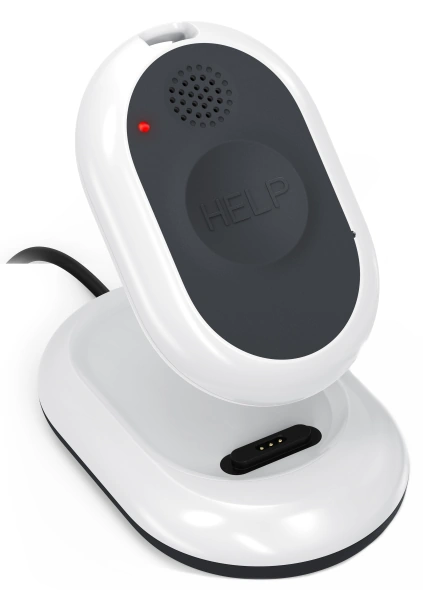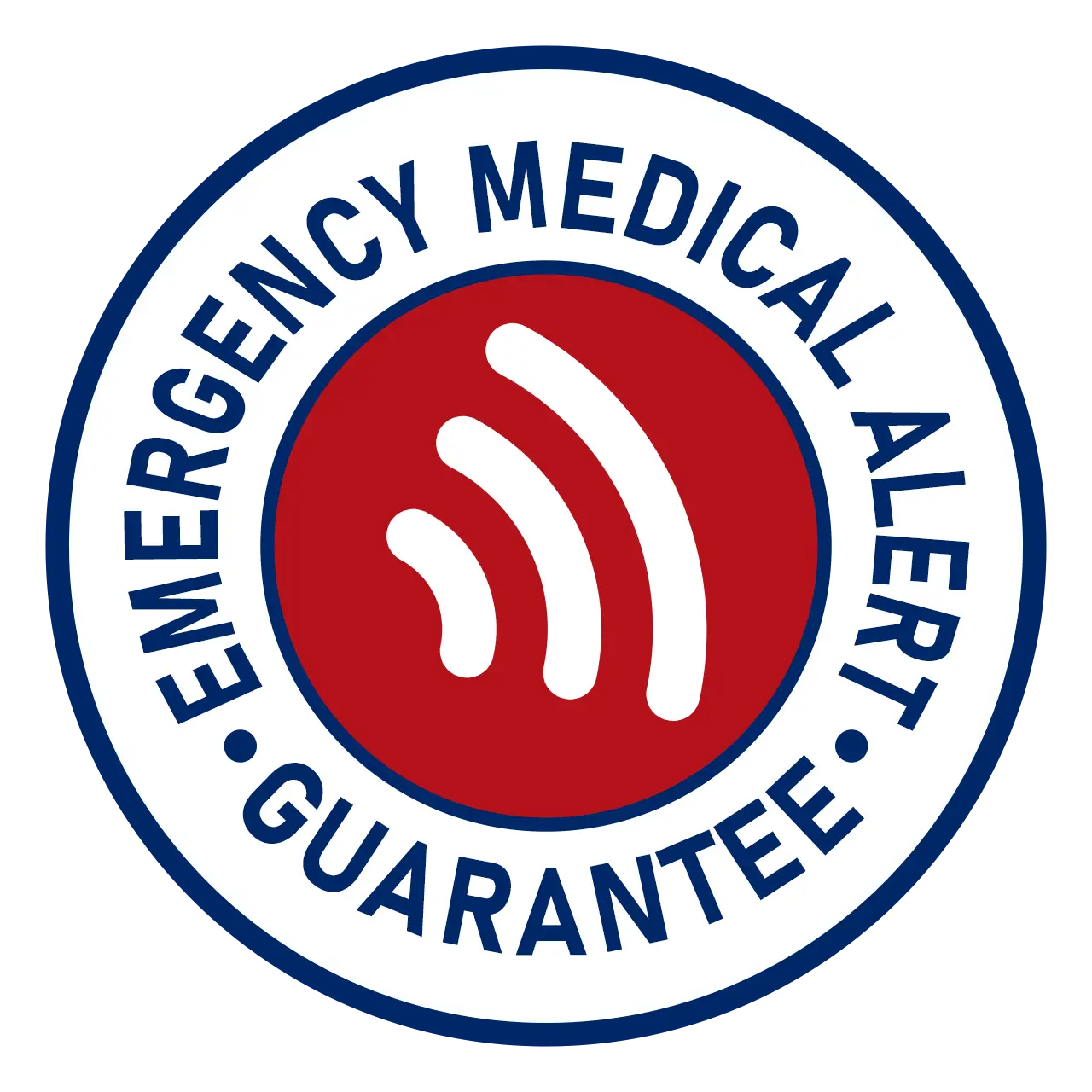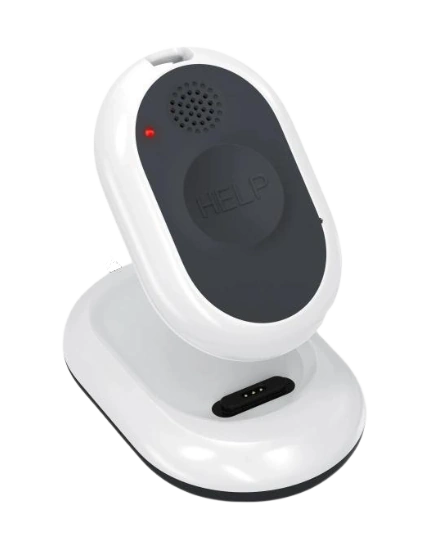Eligibility Requirements For Food Stamps For Seniors On Social Security
Many older adults live only on the allowances of Social Security, which do not necessarily cover their essential needs. Prices of food, housing, and health care are on the rise, and older adults find it impossible to survive.
The food stamps, which are also known as the Supplemental Nutrition Assistance Program (SNAP), are a much-needed reprieve, as they reduce the cost of groceries.
Nevertheless, the number of elderly individuals who are unaware of their eligibility for food stamps for seniors on social security is large, especially when they depend on Social Security as their main or only source of income.
Being aware of the regulations can help to ensure that deserving seniors do not forget to claim this profitable support.
Importance Of Food Assistance For Seniors On Social Security
Good nutritional food is the key to maintaining health, especially in old age. Seniors often have unique needs, such as managing chronic illnesses, limited mobility, or following special diets. Unfortunately, rising food costs and fixed incomes create barriers to eating a balanced diet.
It is even more difficult for those whose main support is Social Security. It is there that the food stamps of the seniors on social security become important.
SNAP offers monthly benefits, which could be spent to purchase groceries at authorized stores, farmers' markets, and some online retailers in participating states.
These advantages will cut food expenses, using the money directly for other important needs such as medication, rent, or utilities. For the elderly, this may translate to fewer difficult decisions to make between bills and well-balanced meals.
There are also greater benefits of food assistance. The elderly who can afford to eat healthier foods will have more chances of being physically well, and this will cut the number of visits to the hospital and medical expenses.
They also have an increased chance of staying on their own and not rushing to nursing homes. Also, the accessibility of food, being stable, enhances mental health by reducing stress and giving inner calmness.
Key Food Stamp Eligibility Criteria For Seniors Receiving Social Security

Here is the key food stamp eligibility criteria:
1. Monthly Income Thresholds For Seniors On Social Security
The SNAP eligibility starts with income limits based on the family size and the state. In the case of seniors, income is comprised of Social Security retirement or disability. The older adults, however, have more relaxed thresholds than younger applicants.
The net income test, but not the gross income test, must be met by a household as of 2023 that has an elderly member (age 60 or older). This implies that medical costs and housing and utilities deductions are taken into consideration before the establishment of eligibility.
As an example, a senior citizen living alone on Social Security, being the sole source of his or her income, can qualify when the benefits after deductions are within the federal poverty thresholds.
2. Exempt And Countable Assets Under SNAP Rules
SNAP eligibility is also dependent on assets. Among older people, there are fewer rules compared to younger families. Countable assets can be cash, a savings account, and stocks.
Nevertheless, some products are unavailable. As an example, the worth of a main house, the personal property, the retirement savings, and a single vehicle used as transportation are not taken into consideration.
At present, the federal limit on assets of households that have an elderly person is 4250 dollars. States can raise thresholds or even forego asset tests. This regulation cushions the elderly with low savings but who are yet unable to meet daily expenditures.
Elderly people ought to know that assets do not necessarily disqualify them, but that they will have to record their correct value.
3. Allowable Medical Expense Deductions For Seniors
The medical expense deduction is one of the most useful SNAP benefits for seniors. The elderly whose monthly medical expenses are more than 35 dollars have the opportunity to deduct the entire amount of their income.
Prescription drugs, over-the-counter drugs that a doctor has approved, medical equipment, health insurance co-payments, and in-home care costs are examples of eligible expenses.
Such inference can count a lot. As an illustration, a senior whose Social Security benefits are just a notch higher than the limit can be qualified after taking into consideration medical expenses.
As most elderly people have to cover their health expenses regularly, this exemption is one of the reasons why the elderly should consider taking it even when they believe they are receiving excessively high income.
4. Citizenship And Residency Requirements For SNAP Eligibility
To be eligible for SNAP, seniors have to be citizens or eligible non-citizens of the U.S. Legal permanent residents, refugees, or persons granted asylum may be qualified non-citizens. It is also necessary to have residency in the state in which the benefits are claimed.
There are other requirements to be fulfilled by some of the non-citizens, including a minimum of five years living in the U.S. Nonetheless, the elderly with disability benefits or those who immigrated as refugees can be waived of the waiting period. Elderly individuals who are not sure about their status are to seek advice from their local SNAP office.
5. Age Requirement And Definition Of “Senior” For SNAP

SNAP considers anyone 60 years and above to be a senior. Such a definition is important since it opens up some flexibility in the process of food stamps for seniors on social security eligibility.
The seniors enjoy increased income deductions, the option of qualifying only under the net income test, and deductions on medical expenses.
As an example, when there are two individuals in a household and one of them is over 60 years old, the household might be eligible to receive SNAP under senior rules when the younger person would not be eligible on his/her own. This makes sure that food assistance is available to older adults who have to deal with financial strain.
Conclusion
SNAP is crucial to older adults living on fixed incomes. Knowing the regulations of incomes, assets, medical deductions, and residency can ensure that every person does not lose the support.
Food stamps among the seniors on social security are not only for food but also for health, autonomy, and pride. The application may change life positively in the long term.























